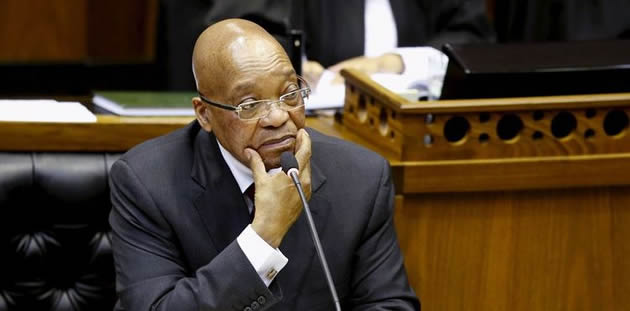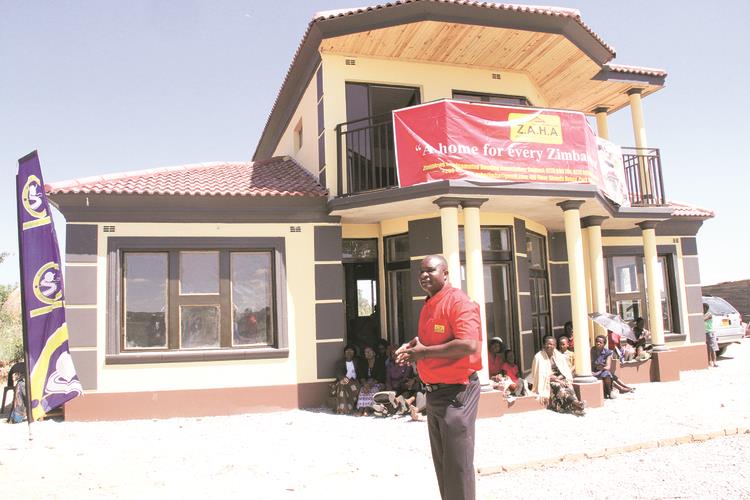How SA parly can remove a president

CAPE TOWN – According to Parliament, the Constitution does not make any provisions for a president to be impeached.
Chapter 5 of the Constitution provided for either the removal of the president (section 89) or a motion of no confidence (section 102).
“The Constitution does not make any reference to ‘impeachment’,” it said in a guide on removing a president from office sent to media on Mondaynight.
“While the two processes could lead to a similar outcome namely, removal of the president from office, they are different in an important way.”
Motions regarding the removal of a president were treated as a priority, said Parliament.
It said it had received a notice of motion on March 31 and scheduled the debate for Tuesday.
The Democratic Alliance had filed the notice of motion to remove the president in terms of section 89.
DA national chairperson Phumzile Van Damme on Monday said: “MPs have an important opportunity to restore Parliament’s reputation and indeed that of South Africa’s democracy by voting in favour of the motion tomorrow [Tuesday] to impeach President Jacob Zuma in terms of Section 89 of the Constitution.”
Parliament explained the process which deals with the removal of the president as follows:
Removing a president
The National Assembly, by a resolution with a supporting vote of at least two thirds of MPs, could remove the president from office on three grounds:
a) A serious violation of the Constitution or law;
b) serious misconduct; or
c) inability to perform the functions of the office.
If a president was removed from office in terms of a or b, he or she may not receive any benefits of the office and may never serve in any public office.
“Section 89 is tantamount to dismissal as per labour terms and is commonly referred to as ‘impeachment’.”
According to Parliament, the National Assembly has not yet established a procedure for section 89 motions.
There was a proposal made in the rules subcommittee which envisaged three stages – a motion is tabled and debate, the matter is referred to a committee process and the committee then reports a recommendation to the House.
The subcommittee was currently debating what type of committee this should be.
“A committee of independent people has been proposed – research is being conducted on this,” Parliament said.
“While this proposal is in line with international practice, it has not served before the rules committee yet.”
It said meetings of the subcommittee on this and other matters were scheduled for this week.
However, there is an interim process in place.
The DA’s motion did not propose the establishment of a committee, as was done in a previous motion last year, and so will be put directly to the House and debated.
How does voting work?
Opposition parties are said to be pushing for a secret ballot vote on Tuesday.
However, according to Parliament, the Constitution stipulated that there were specific instances where a secret ballot was used in the National Assembly. These were for the election of president, speaker and deputy speaker.
It said there was no requirement for voting by secret ballot for Tuesday’s motion.
It was unclear whether ANC MPs would be given a free vote.
A free vote is when MPs are given the opportunity to vote according to their own conscience instead of according to an official party line.
At a media briefing on Sunday, National Assembly Speaker Baleka Mbete, who is also ANC chairperson, would not directly answer a question on whether she would support a call for a free vote for her party’s MPs.
National Council of Provinces chairperson Thandi Modise said there would not be any party influence over how MPs should vote. – News24







Comments